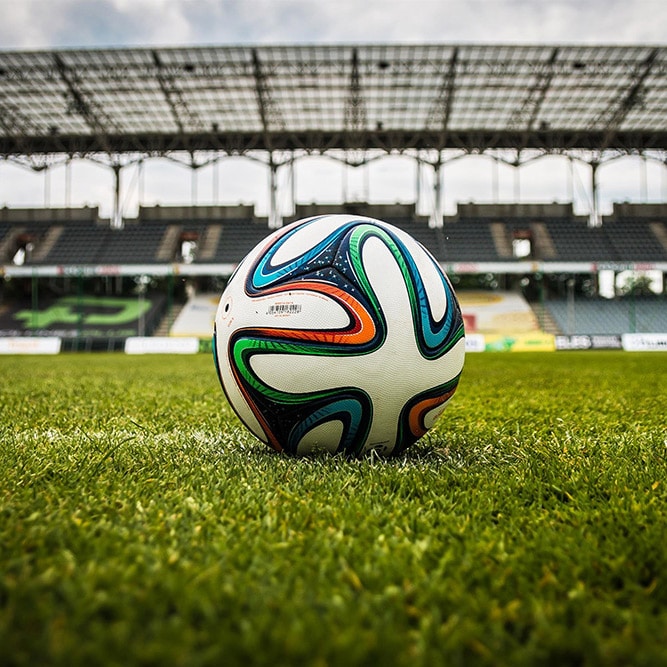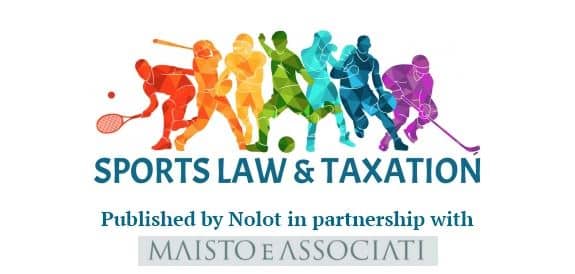New more restrictive regulations
The English Football Association and the two professional leagues of English soccer (the Premier League and the English Football League, which between them are responsible for the organization of the country’s four professional divisions) have agreed, through the enactment of new regulations[1], on a plan for new conditions for the entry of foreign players into England following Brexit, i.e., after December 31, 2020, the effective date of the end of the transition period provided for in the United Kingdom’s agreement to withdraw from the European Union (EU).
In addition to the obligation to comply with this reorganization of relations between the EU and the United Kingdom, the officially announced objective[2] of the parties is also to restrict access to the English leagues to the best players and future talent, as well as to ensure opportunities for local players (this new regulation follows, in particular, the FA’s desire to reduce the maximum number of foreign players – currently set at 17 – allowed in a Premier League squad, which the FA still opposes).
Also, from January 1st 2021 and the opening of the winter mercato, English professional clubs will no longer be allowed to freely field new players from the European Union in that the latter will henceforth have to hold a work permit to work in England (Governing Body Endorsement – GBE) as is currently the case for all other foreign players. While the signing and registration of these players by the clubs will remain free, the exercise of their work (including their participation in training sessions and friendly matches) will be subject to obtaining the said GBE.
This GBE will therefore be granted (or not), for a maximum duration of 3 years, renewable, according to a points system (the minimum for obtaining it being fixed at 15 points) based notably on cumulative conditions such as :
- The number of international caps of the player in question (whether senior or youth caps), it being specified that an Auto Pass (allowing the GBE to be obtained immediately) is provided for players belonging to one of the 50 best nations in the FIFA rankings who have played at least 70% of the international matches over the two years preceding the GBE application;
- The number of games played by the player (in league and European Cup) ;
- The identity and the prestige of the selling club (according to the championship in which it evolves, its performances in this championship as well as in the various European cups).
However, there is a statutory exemption panel to consider any appeal by a player who does not reach the required number of points (but has obtained a minimum of 10 points) and to allow the participation of players of “the highest quality” in the English leagues. This measure could therefore be seen as an arbitrary selection on the part of the British soccer authorities.
Furthermore, as of January 1, 2021, English clubs will no longer be able to avail themselves of the provisions of article 19.2 b) of the FIFA Regulations on the Status and Transfer of Players (RSTJ), tempering the principle ban on international transfers of underage players. Indeed, this regulation allows, under certain conditions, the transfer of players aged between 16 and 18 years old if the transfer takes place within the EU or the European Economic Area.
If the recruitment of underage foreign players (U18) will now be prohibited for English clubs, the new regulation adds an additional provision according to which the transfer of foreign players under 21 years old (U21) will also be limited to 3 during the winter market and 6 per season.
It should be noted that to date, the other professional leagues of the countries making up the United Kingdom, and in particular the Scottish league, do not seem to be considered by identical and/or similar measures.
Consequences for French soccer
The Ligue 1 championship is classified in this new regulation as a top level championship (like LaLiga, Bundesliga and Serie A), so participation in this championship earns players more points than participation in the Ligue 2 championship (considered a level 4 championship).
In other words, while top players and international players should not be particularly impacted by the new rules, for players in a “second market” and the clubs they play for (who are increasingly forced to sell their players due to the current lack of revenue from TV rights or ticket sales), the new rules could well amount to a considerable new loss of revenue for selling clubs.
These new regulatory restrictions could effectively lead to a disinflation of the purchase price of players and particularly impact French clubs, already strongly affected by the current health crisis.
Indeed, Premier League clubs have historically invested nearly 2.3 billion euros (including 1.25 billion since 2010 according to the Observatoire du Sport Business) in the purchase of players playing in Ligue 1, spread over more than 330 movements, which represents more than the sums generated by transfers made “internally”, between Ligue 1 clubs (a little less than 2. 2 billion, but this time spread over nearly 2,500 movements)[3] and makes this championship the world’s largest importer of L1 players, far ahead of Spain’s LaLiga.
The Championship (the English second division) also appears in 8th place in this ranking with nearly 100 million euros invested in the purchase of Ligue 1 players and nearly 25 million euros in Ligue 2.
According to these figures, Ligue 1 is, in the opposite direction, with the exception of transfers within the English market, the league providing the most players to the Premier League in terms of the number of movements and the second, only surpassed by Spanish LaLiga, in terms of the financial manna generated by these transfers[4] (even appearing in first place concerning transfers made to the Championship).
In other words, if from a purely sporting point of view, French clubs will probably face less competition to keep their young talents, their sources of income could conversely continue to diminish.
Me Arnaud Péricard Founder of CPC & Associés and Me Edouard Bouffannais Associate lawyer at CPC & Associés







